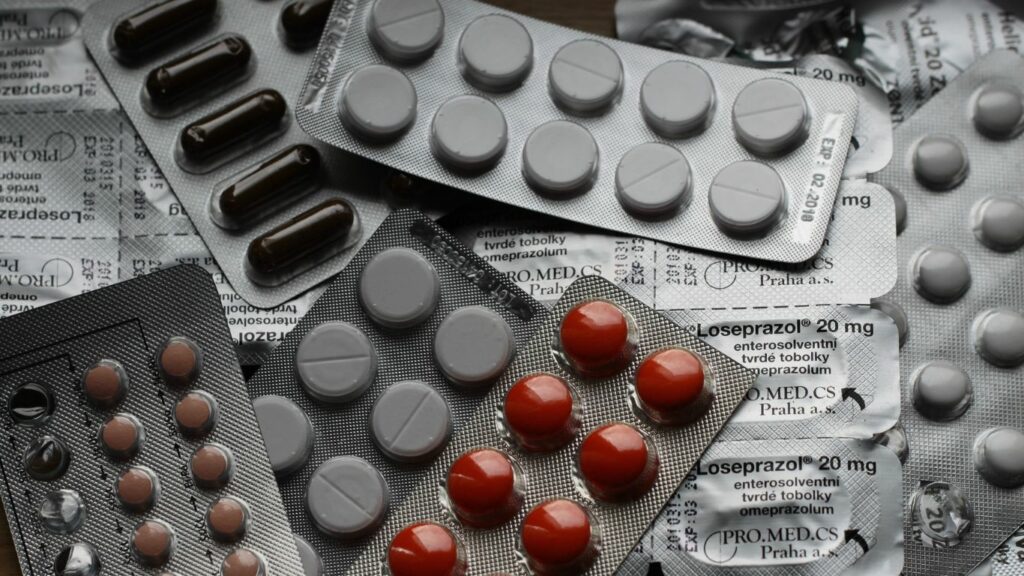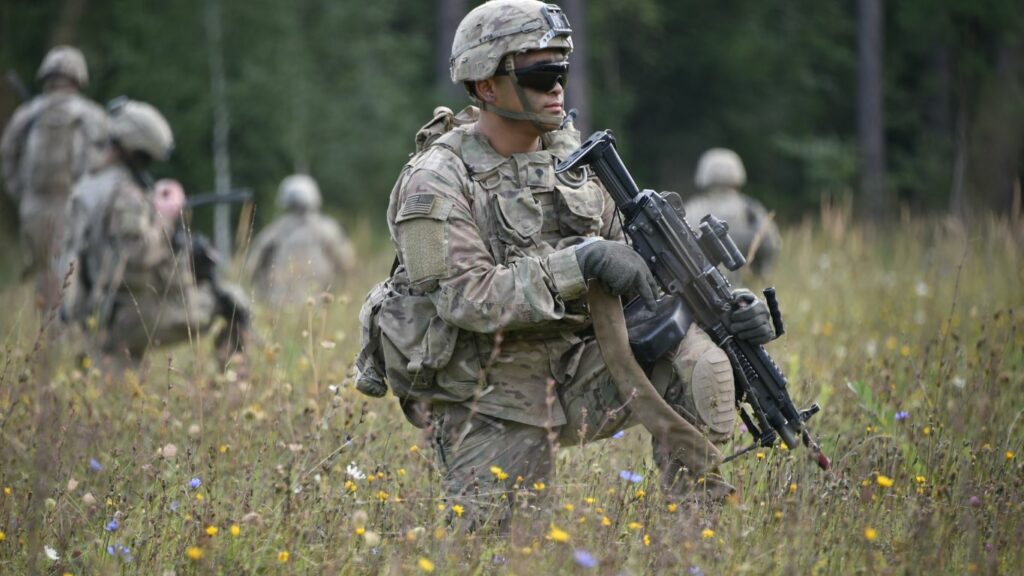List Of Military Slang Terms for Drugs and Alcohol

Alcohol and Drug Use in the Military
Through extensive studies and comparing the notes of individual behavioral therapists, a clear link has emerged between trauma and the development of substance use disorder. This puts certain groups and demographics at higher risk than the average person, and one such group very high up on this list are active military members and veterans.
Exposure to trauma is more or less in the job description of those enlisted in the armed forces, yet methods of prevention and preparation are underdeveloped. This has resulted in the development of substance use disorder in more than 10% of all members of the military. A recent study revealed that more than a quarter admit to using illicit drugs to cope with traumatic experiences in duty while a startling 80% are burdened with alcohol addiction.
Military members adhere to a strong sense of loyalty and unity among one another, thanks to their shared experiences that are incomparable to any other job or way of life. However, instead of a system of support, this bond deepens the isolation many service members feel and the shared idea that there is nowhere to turn for help.
Common Military Slang
The military has developed it’s own slang that is so extensive, a conversation between two service members can sound like another language. These words and terms serve multiple purposes. It’s a form of shorthand, a way of communicating so those overhearing won’t hear your message, and this is another way they solidify the bond between one another. Below are some examples of military slang, including phrases that are used among service members in regards to illicit drugs.
Rack: a bed
Rain Locker: shower
Boot: someone fresh out of or still in boot camp
Grunt: an infantryman in the Army or Marine Corp
Rotorhead: Helicopter Pilot
Field Op: training exercise
Dear John Letter: letter or other form of communication from a soldier’s significant other who wants to end the relationship during enlistment
Fugazi: messed up situation
Going Skiing: talkin about cocaine to someone over the phone
Rocket Fuel/Boost: cocaine
That Star Trek: Crack
Mellow Yellow: Crank
That Dirty: Heroin

Drug Slang and Street Names for Drugs
Due to the illegal nature of recreational drugs like meth, heroin and cocaine, many slang names have been invented to refer to them in more subtle ways than their scientific names.
Marijuana: Pot, Reefer, Ganja, Spliff (marijuana cigarettes), Spice (synthetic marijuana)
Marijuana and Cocaine: Coco puff, Hooter, Banano
Cocaine: Coke, Nose candy, Crack Cocaine
Cocaine and Heroin: Bombita, Speedball
Heroin: Smack, H, Hero, Dope China white (more commonly used for fentanyl)
Meth: Speed, Ice, Glass, Cotton Candy, Scooby Snacks
Xanax: Red devils, Bars, Xannies, Ladders
Drug dealers exclusively use these code words in an attempt to differentiate between the legitimate drug addict and undercover police trying to bust them for distribution. Some of the words above probably sound familiar from movies or TV shows. Now that more people are aware of common street names, new terms are invented often to keep conversations about illegal drug use confidential.
Alcohol and Drug Rehab for Military Members
The common idea among military members that their experiences cannot be understood by those who are not in the military has been a source of isolation for so long, but now medical professionals and mental health specialists are developing methods of addictions treatment that take into account the specific trauma of active duty service members and veterans. Even an out-of-network treatment facility is likely to offer alcohol abuse and substance abuse support groups that are for veterans only or have counselors and therapists that are former members of the military themselves.
If you are in need of addiction recovery resources, consider Quantum Behavioral Health for treatment. We offer customized intensive outpatient, partial hospitalization (partial care), and outpatient programs that are designed to be flexible and accommodate any lifestyle, budget, or behavioral therapy needs.
Meet with our care team to discuss what levels of care are the best fit for you. Recovery services are offered at our treatment centers in both morning and evening sessions so you can participate in drug or alcohol rehab while still going to work, school, or be available at home with your loved ones.
Recovery is possible to anyone, no matter what their history with substance use disorder involves. The first step is often the hardest, but we will be with you to celebrate your progress every step of the way. Call Quantum Behavioral Health today at (609) 993-0733.